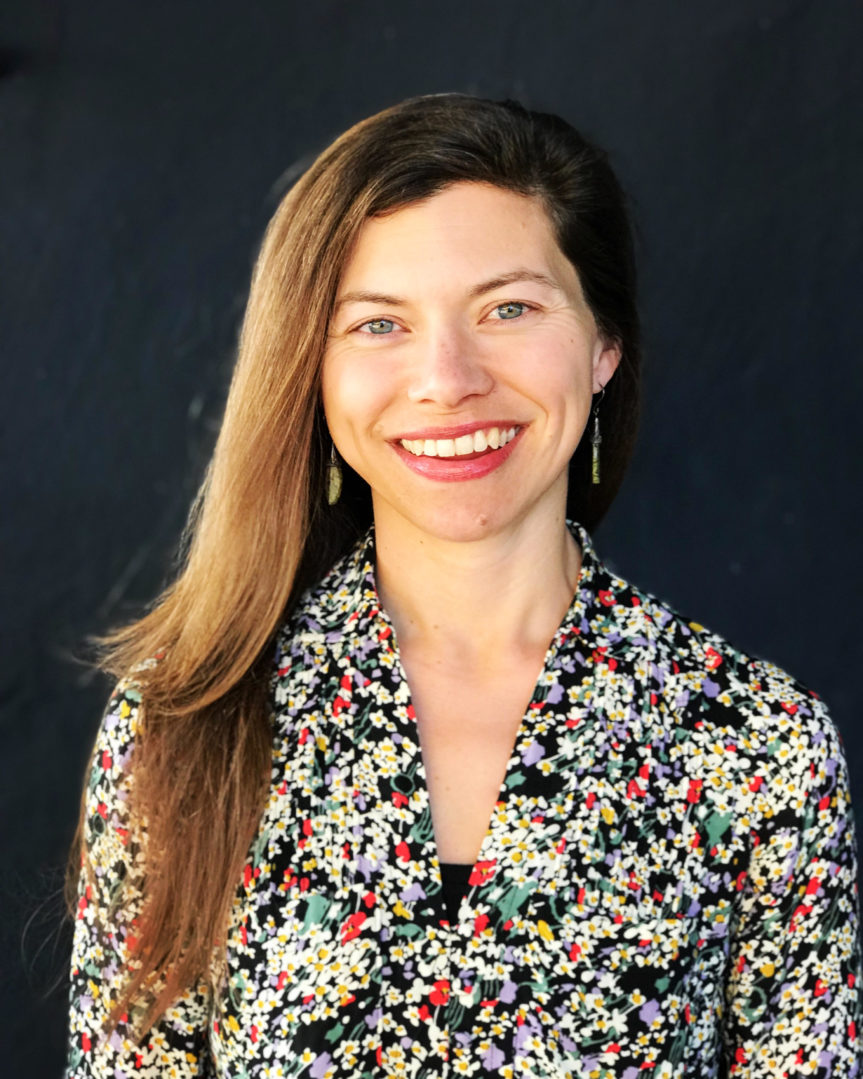A guest post from author and Oakland parent Courtney Martin.
We have been thrilled by the reaction to our panel, Beyond Nice Parents, a couple of weeks ago. Thanks to everyone who tuned in–both live and later (we’ve had over 9k views to date), and all of those that have reached out to encourage us to keep the conversation alive.
Speaking of which, I continued the conversation with my co-conspirator Rachel Latta (Oakland parent and co-founder of Equity Allies for OUSD, among much else). Here’s an excerpt:
Courtney Martin: Your kid was at one of the schools with the highest demand rate in Oakland and you switched her to a more poorly rated, global majority school. Why?
Rachel Latta: Before I had kids, I always said I would never send my kid to a private school. I believed in the studies saying kids whose parents had a college degree do fine in any environment (I realize this isn’t the case with every kid). I believed that the main purpose of school is for kids to learn how to be good people. I often shared this opinion, and older people than myself would nod politely and often reply with a knowing smile and some version of “We’ll see when you have kids of your own.”
I had misgivings about our neighborhood school before our daughter’s first day of kindergarten. Our district has school choice, which in Oakland means you don’t necessarily get into your neighborhood school if you don’t apply during a window nearly a year before school starts. Once I realized I had choices, I scrutinized the school more closely and noticed that the kids that arrived seemed predominantly White. Online research confirmed that the previously majority Black school was becoming whiter and wealthier each year.
But after many, occasionally contentious, conversations, my husband and I decided to try it. Living 20 feet from the entrance was too tempting. My misgivings intensified as Kindergarten began and I saw how much money parents at the school raised, with more discussion about corporate matching donations than racial justice and equity.
It hit home one day when I picked her up, and she said, “Mommy, did you and Dad donate to the (Annual Giving Fund)?”
“Not yet, but how do you know about that?”
“Well, our class gets an ice cream party if enough parents give money and we need five more donations,” she said. “They didn’t say who needs to give – so can you donate so we get an ice cream party?”
“I’m sorry, what?”
“Mom,” my daughter paused and began to speak more slowly, “if enough parents give each class gets an ice cream party. And, if enough parents in the whole school give, we get another WHOLE SCHOOL ice cream party. So – did you give money to the school?”
“Honey, we will give the fund, but I don’t like that you get a party only if a bunch of parents give money. What about families who don’t have a lot of extra money? How do you think this might make them feel?”
I remember the confused look and pause. “Maybe they feel bad they can’t have a party?”
“Probably honey. I don’t think it’s very welcoming to bribe you all with an ice cream party to get parents to give money; money that they might not have. Plus, you have a ton of stuff at this school – what about kids at other schools who don’t have all this stuff? Wouldn’t the money be better going to more kids?”
“I guess that makes sense. Anyways…” And she moved on. I remained dazed by the interaction.
At a school full of extras – art! gardens! ice cream parties! – the fact that my daughter was learning she had less and deserved more scared me.
I met parents at a school three blocks away that was majority Black and low-income but under-enrolled (the school we were at had a long waitlist). They were threatened with closure and our school added a Kindergarten class to meet the “demand.” I reached my breaking point. Our son was due to start school the following fall and we enrolled him in a global majority school and began to talk to my daughter about joining him.
Ultimately, I asked myself, what do our children learn when we say we fight for justice while making the conscious decision to keep them in a segregated, privileged learning environment? I felt that no matter how much I say I value integrated schools and educational equity, actions speak louder than words. If we stayed we would not be participating in community to bring about justice, but instead upholding the status quo.
***School ratings are an interesting talking point because so many privileged people talk on the one hand about how unimportant and biased testing is, but on the other dismiss a school due to low test scores. ***
You can read the whole interview here.

